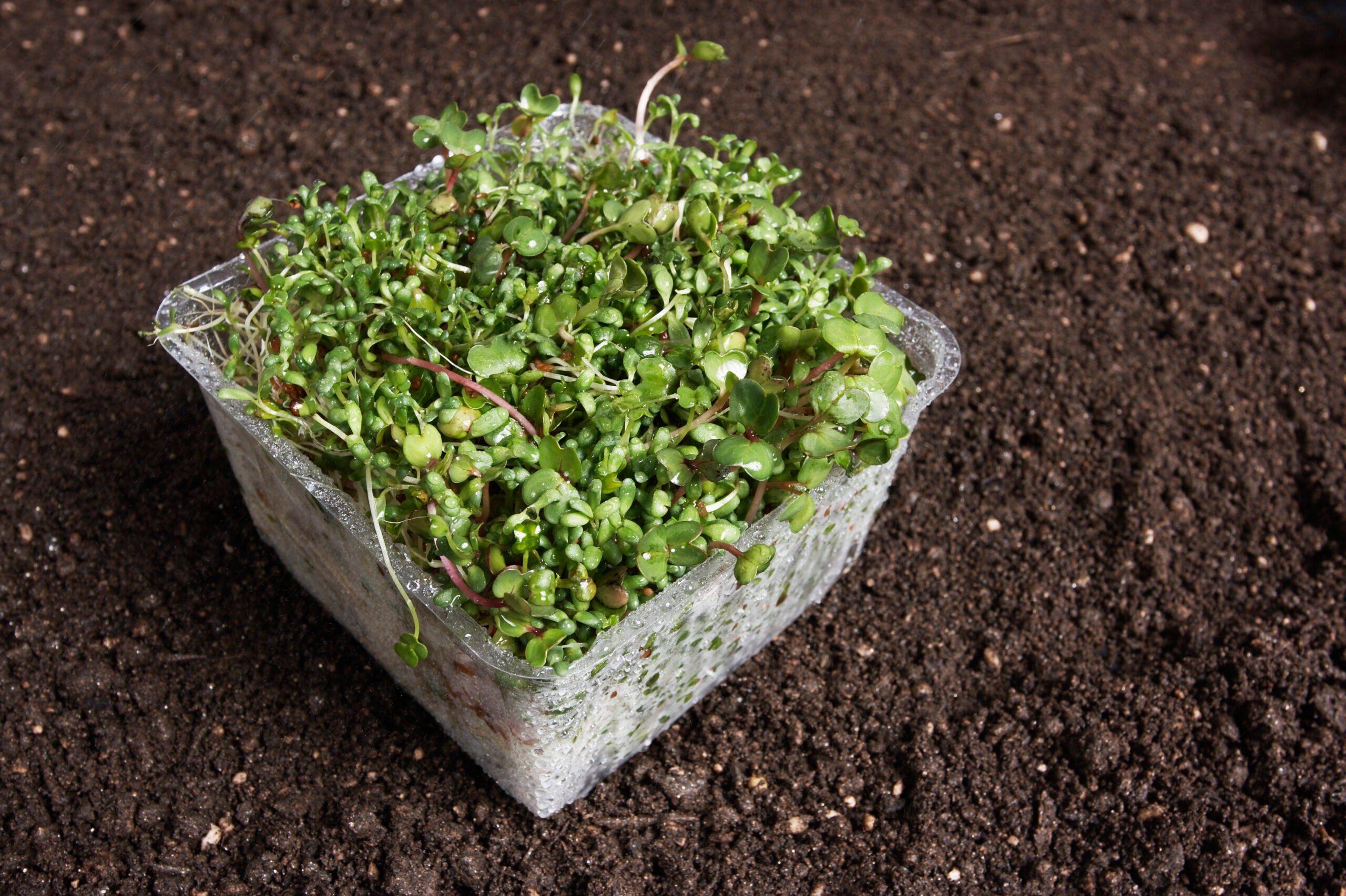The CDC Would Really Like You to Cook Your Sprouts

(Photo: Roy Hsu / Getty Images)
When it comes to lots of fruits and veggies, eating them raw can have significant health benefits. But small sprouts like alfalfa, bean, or onion – the type of fluff you might pile into a sandwich for some crunch – are quite the opposite. The CDC reports that raw sprouts can carry a heightened risk of food poisoning, even after washing.
“The warm, humid conditions needed to grow sprouts are also ideal for germs to grow. Eating raw or lightly cooked sprouts, such as alfalfa, bean, or any other sprout, may lead to food poisoning from Salmonella, E. coli, or Listeria,” reads a warning on the CDC website. Another page on the site cautions that young children, older adults, pregnant women, and anyone with a weakened immune systems should avoid eating raw sprouts.
While washing in water is a good thing that you should definitely do (especially if you’re a healthy adult and have decided you’re comfortable with the raw sprout risk), washing alone will not reliably kill the bacteria that are linked to illnesses that find their way onto those little sprouts. For that you’ll need to cook the sprouts, typically by boiling them in water for about five minutes.
“Eating sprouts can help promote good health. Unfortunately, they can also cause food poisoning when consumed raw or even lightly cooked. […] In fact, many outbreaks of foodborne illness associated with various types of raw and lightly cooked sprouts have occurred in recent years,” Jackie Newgent, RDN, CDN, told Eat Right, a publication of the Academy of Nutrition and Dietetics. “In general, the health benefits associated with savoring raw or lightly cooked sprouts outweigh risks for healthy individuals. However, be aware that there is risk of food poisoning if you plan to eat them. If you’re a high-risk individual, avoidance is recommended.”
RELATED: Are There Really Wasps Inside Figs?
Get more of what you love from VT. Follow us on Instagram, Facebook, and Twitter and sign up for our email newsletters.